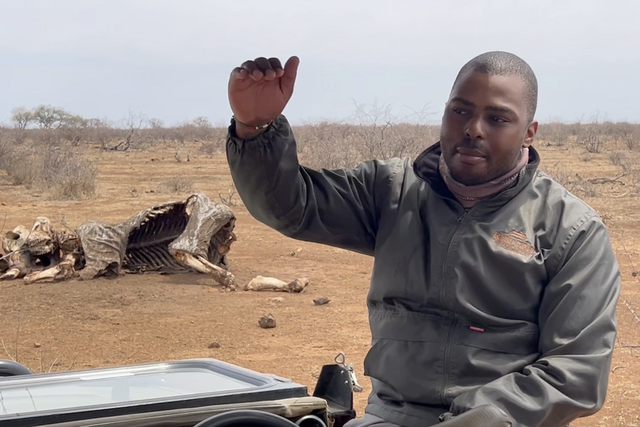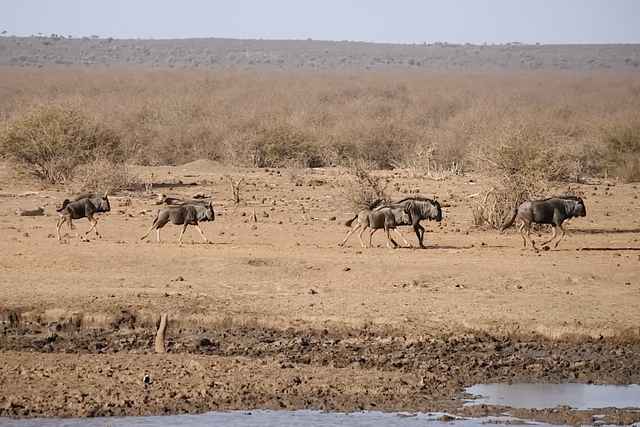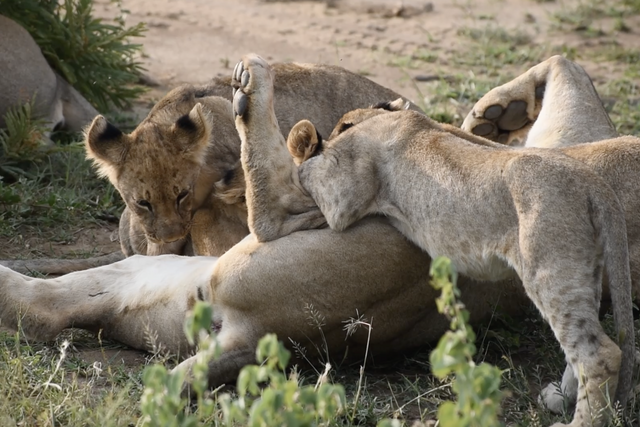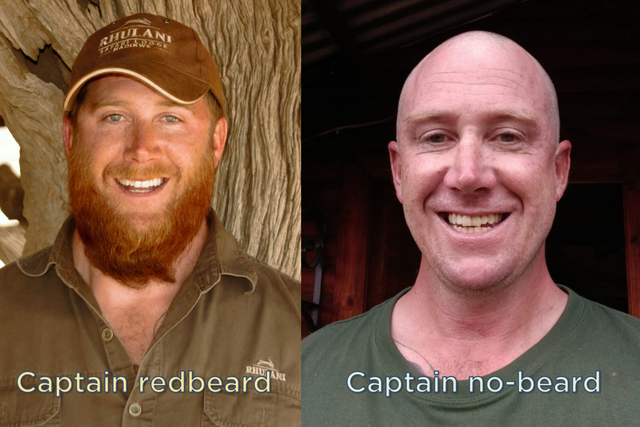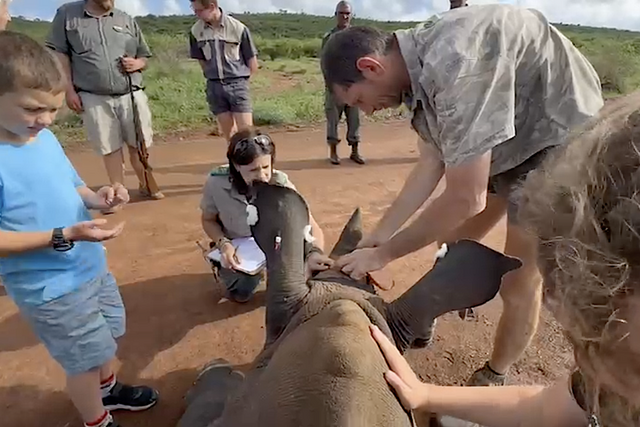Cheetah collaring: A magical moment and a new technology
On fairly short notice we were informed by Parks Management that a collar was due to be replaced by one of the Cheetah females and we could give support. Of course, we said “yes”. So the safari routine was converted into a long, exciting and magical day for all of us, with a lot of new things to learn about conservation and the touch of a fascinating wild cat.
The preservation of the cheetah population is close to our hearts, and we give support to projects like this one whenever we can.
Cheetahs are so endangered and rare that some are tracked using a satellite collar. So we know whether the animal feels comfortable, how it moves, and whether it will find a partner and whether there could be offspring.
This time the project concerned a relatively young cheetah male. It came to our reserve some time ago as part of a rewilding project. At that time only one year old, together with his sister, after the two had lost their mother.
Not a good start, but the two cats have developed well so far and feel at home in Madikwe Reserve. This is also shown by the data from the satellite collar, whose battery expired after eight months and now had to be replaced.
That's not ideal. Capturing and darting these vulnerable animals is delicate and should not be done too often. But this time we had the prospect of a whole new technology. The new collar is solar charged, so it automatically recharges when exposed to sunlight, and will last much longer.
For Rhulani's guests, this unexpected activity was a tempting add-on. Nobody had ever seen a cheetah this close and had the opportunity to win an Insight in Wildlife Conservation. Around noon of a pretty hot day, more than ten of our guests were ready to go.
Although the cheetah was found fairly early in the north-west corner of the park, the operation took quite a while. Patience was required, also because the first collar was broken and the operation had to start again with a second collar.
In the end everything went well. And the magical moment of touching a cheetah, caressing its fine, dotted skin, will remain in our memory forever.
Two and a half years ago, young cheetahs were born in Madikwe for the first time. They were females and they have lived in the reserve since birth. Will our male cheetah meet the two sisters soon? Crossing fingers!
